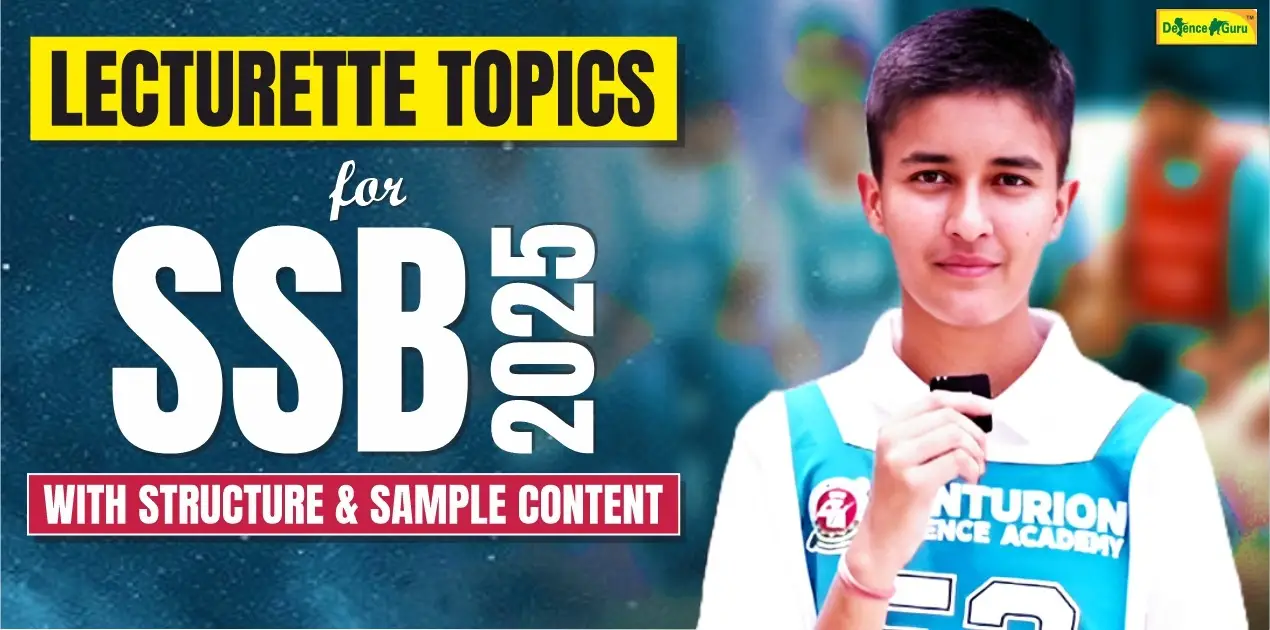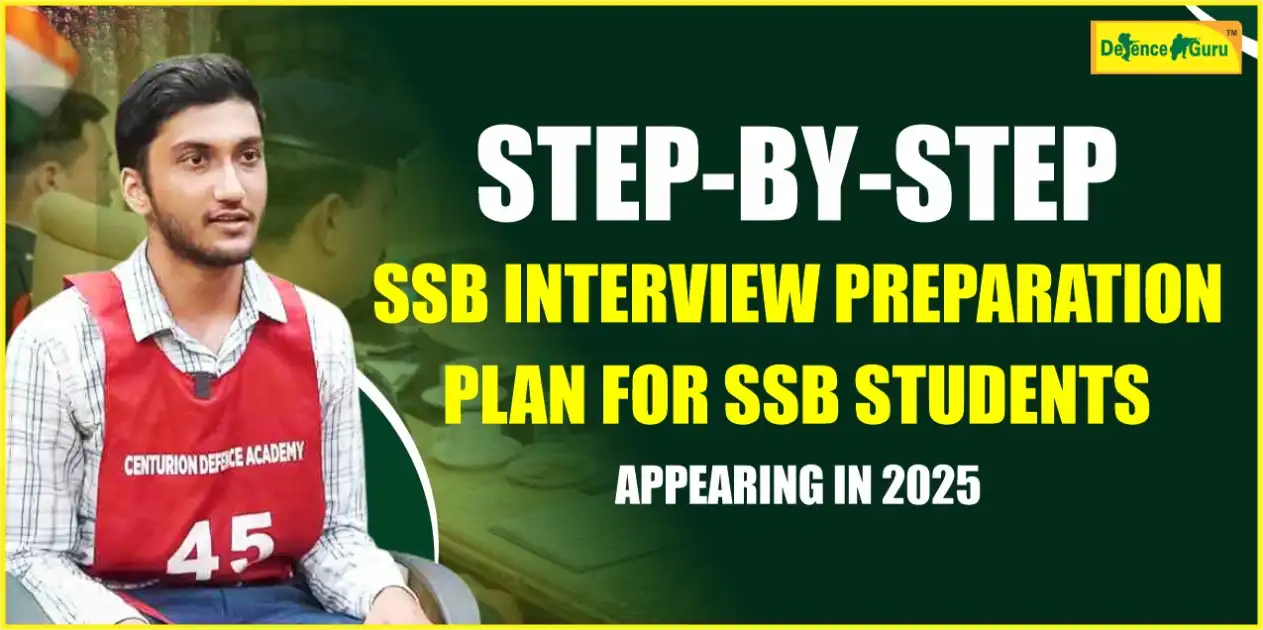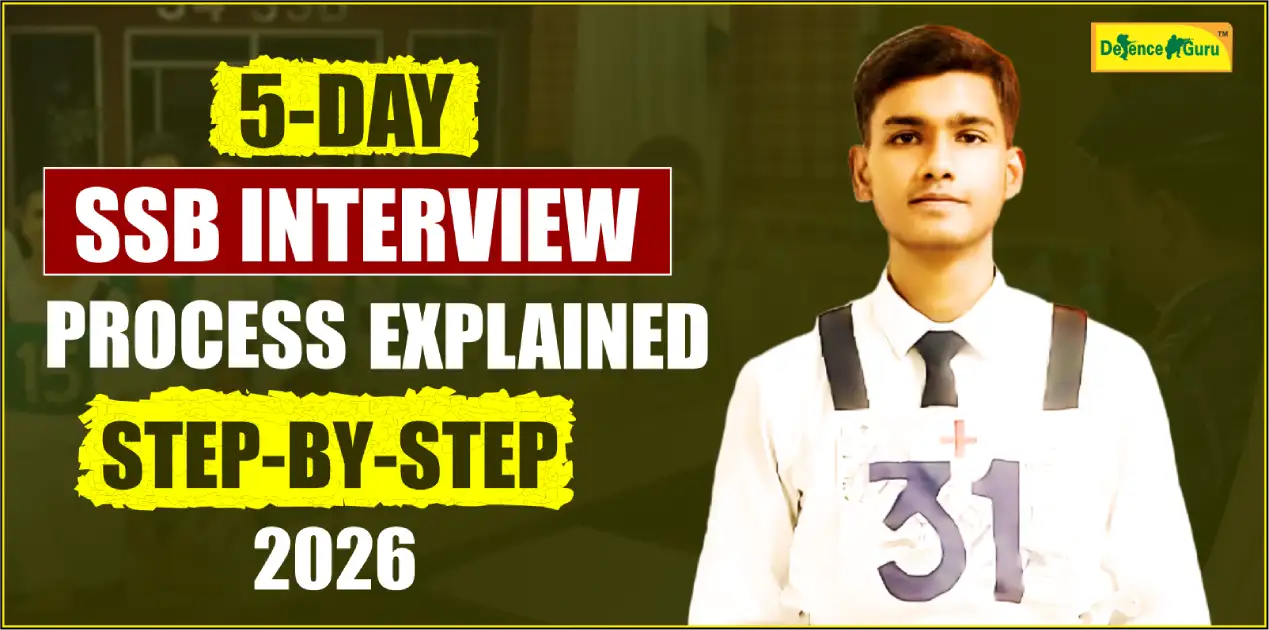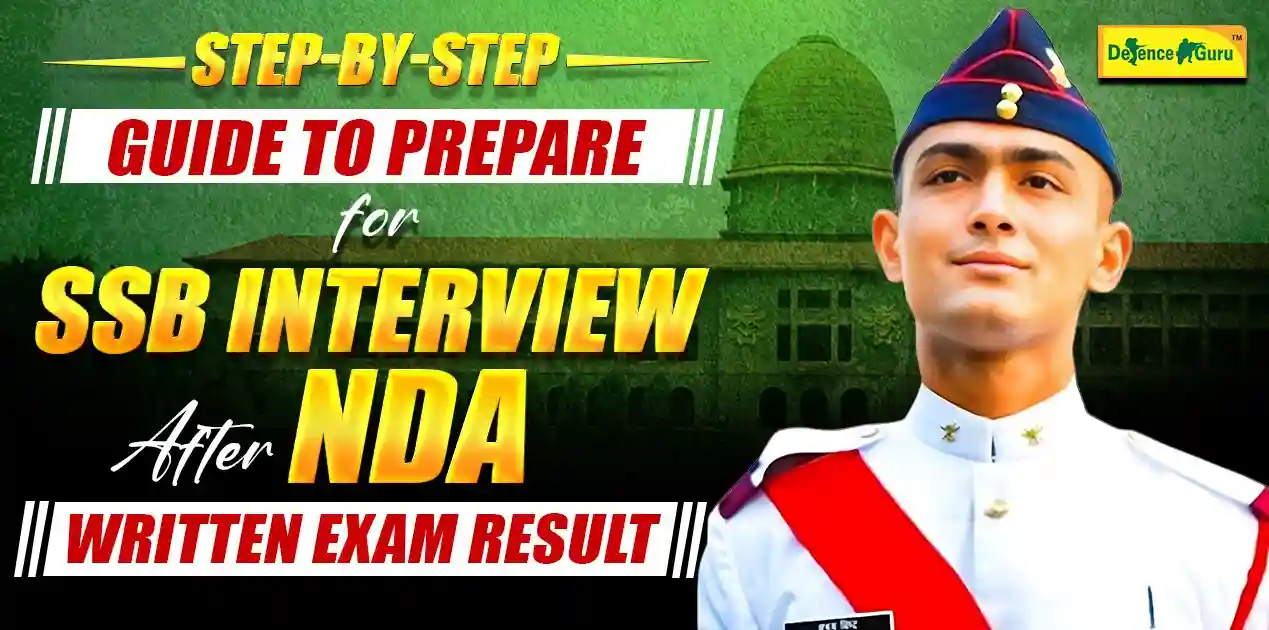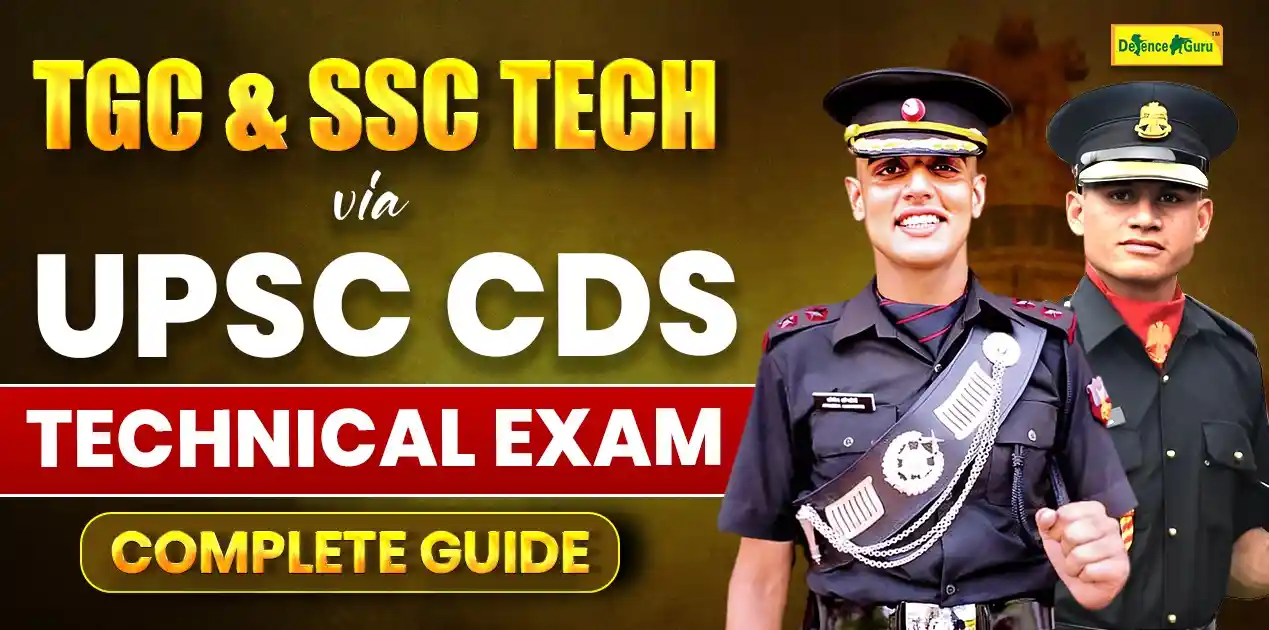Lecturette topics for SSB Interview 2025
Your Lecturette is your individual spotlight in the GTO series. You are leading a troop –confer with conviction and articulation befitting an officer. Knowledge of the subject is vital, but it is your confident stature and convincing speaking that most impress the examiners.
Lecturette is an essential and frequently determining part of the group testing sequence in the SSB interview. It is especially aimed at evaluating the confidence, public speaking skills, coherence of thought, and knowledge depth of an applicant.
Following is a briefing on the lecture process key success tips and a handpicked list of updated lecturer topics 2025 that you can refer to for targeted preparation.
Understanding the Lecturette
- Format Pick a Card: You will be handed a card containing four topics.
- Preparation Time (3 Minutes): After choosing one of these four topics, you have 3 minutes to prepare.
- Speaking Time (3 Minutes): You must then deliver a 3-minute talk on your chosen topic to the group.
- Key Points to Remember: Stay within Time: Do not exceed or severely under-utilize the allocated 3 minutes.
- Maintain Posture: Stand at ease or with feet slightly apart; keep hand gestures minimal.
- Eye Contact: Speak to the group, not the GTO. Make gentle eye contact around the circle.
- Voice Modulation: Speak at a clear, moderate pace—avoid rushing or talking too slowly.
- Structure: Start with a quick introduction, present key points, and give a concise conclusion 2.
- Why Lecturette Matters: Confidence Under Scrutiny: As a potential officer, you must confidently address and motivate troops or teams.
- Communication Skills: The SSB assesses how you articulate ideas, handle pressure, and command attention.
- Time Management: You have limited time to organize and deliver thoughts clearly.
- Self-Reliance: In Lecturette, you alone are responsible for your performance—no group support.
Preparation Tips for Lecturette Reading and Awareness:
- Read UPSC-level essay books (e.g., Arihant, Shaanxi publications) for diverse topics.
- Stay updated on current affairs, especially national and international news. Practice: Choose random topics and practice speaking for exactly 3 minutes.
- Record yourself or practice before friends/family to gauge clarity and timing. Structuring Your Talk Introduction: Briefly define or contextualize the topic.
- Main Content: Present 2–3 key points, supported by facts or examples. Conclusion: Summarize and/or suggest a forward-looking view or solution.
- Maintain Poise If you get stuck or lose your train of thought, take a short pause, breathe, and resume.
- Confidence is more important than memorizing statistics or intricate details.
Recent Lecture Topics (2025)
- Medical tourism in India
- Women Empowerment
- Indian culture
- Sports as a career
- Indian space missions
- Indo pak relations
- India and its relations with neighbouring countries
- Interlinking of rivers
- Judicial system of India, health, and diet
- Media, crime, and justice metro rail
- Role of the UN in the present era
- Role of computers
- Role of media in nation-building
- Hacking UNO SAARC elections
- Juvenile crime
- Land requisition bill
- E commerce
- Aadhaar card
- Modernisation
- AFSPA
- Falling value of the Indian rupee in the context of the dollar
- FDI in defence
- Brahmos
- India-Sri Lanka Ties
- Yoga
- Population – Merits And Demerits
- Reservations system
- CPEC
- Sex education
- Honor killing
- Sponsorship in sports
- Mobile phones
- WTO
- Social network
- Tax reform
- My best friend
- Indian democracy
- ISRO-NASA
- Internal situation of Pakistan
- Indian economy
- Training in the armed forces
- Dowry system
- Role of ngo
- Senior citizens
- Indigenization
- Capital punishment
- Child labour
- Gambling
- Child labour
- Senior citizens
How to Approach These Topics Research:
- Gather some background facts, recent statistics, or examples (if relevant).
- Perspective: Develop your own viewpoint—how it impacts society, economy, national security, or culture.
- Solution-Oriented: Many topics are open-ended. Present feasible solutions or suggestions to enhance your talk’s value.
- Lecturette Delivery Strategy Opening Lines: Introduce your topic with a brief statement or question that captures attention.
- Example: “Good morning, everyone. Today, I’ll be speaking on the importance of Indian Space Missions and how they shape our national pride and technological advancement.”
- Body Logical Flow: Present your points systematically. Relevance: Explain why your topic matters, and if applicable, connect it to current events or real-life scenarios.
- Summarize your main points in 1–2 sentences. End on a positive or forward-looking note (e.g., potential developments, hopes for the future).
- Confidence and Clarity: Speak clearly and audibly so everyone can follow you. Avoid slang or overly complicated jargon.
- Common Mistakes to Avoid Exceeding Time: Practice ending on time, as going beyond 3 minutes can be penalized.
- Rambling: Stay on-topic; do not drift into irrelevant details. Poor Eye Contact: Staring at the ground or the GTO conveys low confidence. Overusing Hand Gestures: Keep gestures natural and minimal.
- Reading off Notes: Relying heavily on notes breaks the flow and reduces credibility.
Final Words of Advice
- The Lecturette is your independent platform in the GTO series. You are leading a troop- talk with the confidence and clarity of an officer.
- Although familiarity with the subject is important, it’s your confident presence and powers of persuasion that really win over the examiners.
- By rehearsing, keeping you current, and keeping calm, you can ace the Lecturette and make a lasting good impression before the SSB board.
Read more:
How to Build Officer Like Qualities in Daily Life- Tips from Experts
Top 30 Personal Interview Questions Asked in SSB with Sample Answers

